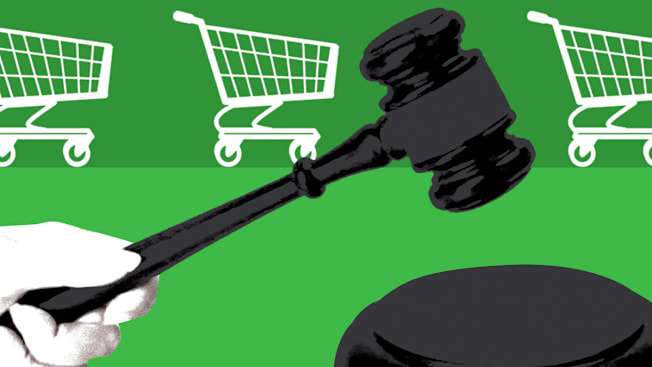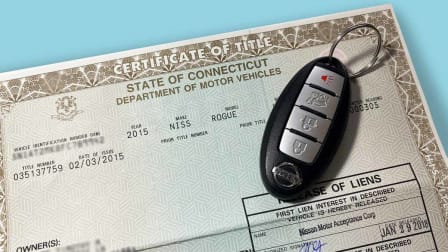Building a Better World, Together

Join with us to make a safer, fairer, healthier marketplace.
Fighting for Consumers
In June, the U.S. Supreme Court overturned a 40-year-old legal doctrine known as the "Chevron deference," in a ruling that many consumer advocates fear will make it harder for federal agencies to protect the public.
The doctrine was established by a 1984 decision in a case between the namesake energy giant and the environmental nonprofit Natural Resources Defense Council. It said courts must defer to federal agencies over the interpretation of laws if Congress was ambiguous about the exact issue in question and if the agency interpretations are reasonable. At that time, the court explained that federal agencies are better equipped than judges are with the expertise needed to make highly technical policy decisions. The federal government routinely relies on agency experts to make decisions about how best to implement laws concerning product safety, financial fairness, public health, and more.
Experts expect the ruling to have a profound ripple effect because it may embolden companies to challenge regulations and empower judges to overrule federal agencies. They also worry that it will reduce accountability and increase partisanship in the system of federal regulations meant to protect Americans.
CR is now calling on Congress to pass legislation that firmly establishes the authority of regulatory agencies to interpret the laws they oversee and to enforce the consumer and safety protections they have established. You can support these efforts by signing our petition.
18,000
Approximate number of times federal courts have cited the Chevron decision since 1984.
Making Kids' Food Safer
What’s at stake: Getting children to eat their vegetables is notoriously difficult. So some parents turn to veggie puffs, a popular kind of snack that contains ingredients like carrots and beets. One manufacturer says its puffs will make kids "actually get excited" about vegetables.
The main ingredient in some of these products is cassava, a starchy root that appeals to some families trying to avoid grains such as rice. Unfortunately, some cassava-based products contain high levels of lead—a concern brought to CR’s attention by Tamara Rubin, the owner of Lead Safe Mama, a company focused on preventing lead poisoning.
What CR is doing about it: We decided to test four cassava puff products—two made by LesserEvil and two by Serenity Kids. The results were alarming: Both LesserEvil products and one Serenity Kids product contained concerning amounts of lead. LesserEvil’s Lil’ Puffs Intergalactic Voyager Veggie Blend puffs had more lead per serving than any of the 80 baby foods CR has tested since 2017.
CR quickly launched a petition calling on the Food and Drug Administration to set limits on lead in food for young children. The FDA has since assured CR of its commitment to removing products with high levels of lead from the marketplace. And on June 13, LesserEvil said it would phase out the use of cassava flour in its Lil’ Puffs line of products.
What you can do: Learn more about CR’s cassava testing and how to keep your children safe from the dangers of heavy metals in food.
Action Update
In June, the Consumer Financial Protection Bureau finalized a CR-backed rule to establish a registry of companies that break consumer laws. The registry will help the CFPB and law enforcement agencies identify repeat offenders who try to restart scams or fraud, or engage in other illegal activity after being sanctioned. The bureau also hopes the registry, when available, will be used as a research tool by potential customers and investors when they consider doing business with a financial company. You can submit complaints about financial services on this CFPB page.
Editor’s Note: This article also appeared in the October 2024 issue of Consumer Reports magazine.
@consumerreports How often do you eat products containing cassava? Our latest investigation reveals it pays to think critically about which options you choose. Learn more through the link in our bio. #foodtok #foodsafety #cassava #cassavaflour
♬ original sound - Consumer Reports



